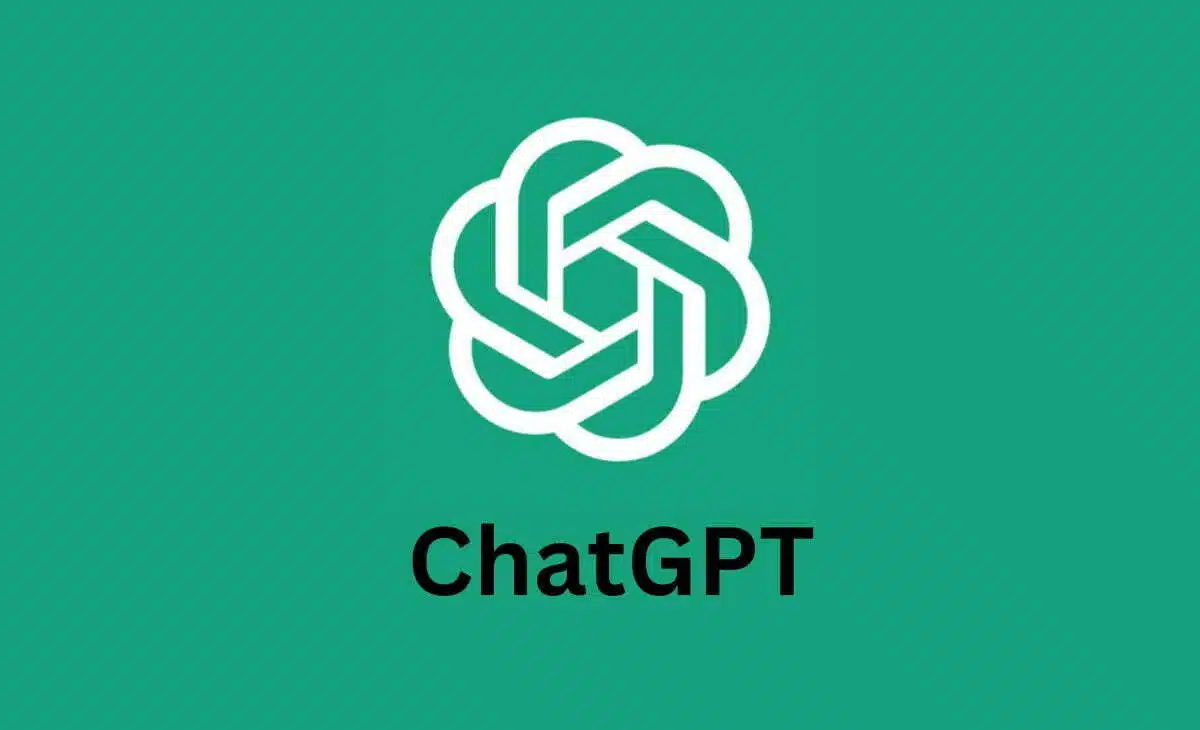NEW DELHi: The Future of SEO if ChatGPT Kills Search Engines
Introduction
In the dynamic world of digital marketing, search engine optimization (SEO) has long been the cornerstone of online visibility and traffic. However, with the advent of sophisticated AI models like ChatGPT, the digital landscape is undergoing a seismic shift. As AI becomes increasingly adept at providing direct, conversational responses, the traditional role of search engines is being challenged. This blog explores the future of SEO in a world where AI models, such as ChatGPT, might render conventional search engines obsolete.
The Evolution of SEO
Historical Context
SEO has evolved significantly since the early days of the internet. Initially, it was a relatively straightforward process of keyword stuffing and simple backlinking. Over time, as search engines like Google developed more complex algorithms, SEO practitioners had to adapt, focusing on high-quality content, user experience, and technical optimizations.
Current State
Today, SEO encompasses a wide range of strategies, from on-page and off-page optimization to local SEO and mobile-first indexing. The primary goal remains the same: to improve a website’s visibility on search engine results pages (SERPs). However, the methods have become more nuanced and sophisticated, requiring a deep understanding of both search engine algorithms and user behavior.
ChatGPT and the Decline of Traditional Search Engines
The Rise of Conversational AI
ChatGPT, developed by OpenAI, represents a significant leap in AI technology. Unlike traditional search engines that rely on indexing and ranking web pages, ChatGPT uses natural language processing to understand and respond to user queries in a conversational manner. This shift from keyword-based searches to natural language queries is profound and has the potential to disrupt the way we access information online.
Direct Answers vs. Search Results
One of the most significant advantages of ChatGPT is its ability to provide direct answers to complex questions. Instead of presenting a list of links that users have to sift through, ChatGPT can deliver concise, relevant information immediately. This efficiency could make traditional search engines seem cumbersome by comparison, leading to a decline in their usage.
Impact on SEO Strategies
Keyword Optimization
With the decline of traditional search engines, the importance of keyword optimization may diminish. Instead of optimizing for specific search terms, content creators will need to focus on creating comprehensive, well-structured content that AI models can easily interpret and use to generate accurate responses.
Content Quality and Relevance
Quality content will become even more critical in a ChatGPT-dominated landscape. AI models thrive on well-written, informative content. Therefore, businesses and content creators will need to invest in producing high-quality, relevant content that addresses users’ needs and queries effectively.
Structured Data and AI Readability
To ensure that AI models like ChatGPT can easily access and interpret their content, websites will need to prioritize structured data and semantic markup. This involves using schema.org tags and other structured data formats to help AI understand the context and relationships within the content.
User Experience and Engagement
As AI becomes more central to information retrieval, user experience (UX) and engagement metrics will play a crucial role in SEO. Websites that offer an excellent UX, with fast load times, intuitive navigation, and engaging content, will be favored by AI models, leading to higher visibility and traffic.
The Role of Backlinks and Authority
Backlinks in an AI-Driven World
Backlinks have long been a cornerstone of SEO, serving as a signal of authority and trustworthiness. However, in a world dominated by AI models like ChatGPT, the emphasis on backlinks may shift. While they will still play a role in establishing authority, the way they are evaluated might change, focusing more on the context and relevance of the linking content rather than sheer quantity.
Building Authority through Expertise
In an AI-driven landscape, building authority will involve demonstrating expertise and thought leadership. This means that businesses and individuals will need to focus on creating in-depth, authoritative content that showcases their knowledge and expertise in their field. AI models will prioritize content from authoritative sources, making this a critical aspect of future SEO strategies.
Local SEO and Personalized Search
The Future of Local SEO
Local SEO has become increasingly important as search engines have focused on providing personalized, location-based results. In a ChatGPT-dominated world, local SEO will still be relevant, but the strategies may change. Businesses will need to ensure that their local information is accurate and easily accessible to AI models, possibly through enhanced structured data and local business schemas.
Personalization and AI
AI models excel at personalization, providing tailored responses based on user preferences and behavior. This means that future SEO strategies will need to incorporate personalization to remain effective. Understanding user intent and creating personalized content experiences will be key to capturing and retaining audience attention.
The Role of Social Media and Other Platforms
Integration with Social Media
As traditional search engines decline, social media platforms may become even more important for driving traffic and engagement. AI models like ChatGPT can integrate with social media to provide real-time, conversational interactions, making it essential for businesses to maintain a strong social media presence.
Diversifying Content Distribution
To adapt to a changing landscape, businesses will need to diversify their content distribution strategies. This includes leveraging various platforms such as video-sharing sites, podcasts, and online communities to reach a broader audience. The goal will be to create a comprehensive digital presence that extends beyond traditional search engines. Ethical Considerations and Challenges
AI Bias and Fairness
One of the significant challenges with AI models like ChatGPT is ensuring fairness and avoiding bias. SEO practitioners will need to be aware of potential biases in AI responses and work towards creating inclusive, unbiased content. This involves understanding how AI models are trained and the potential for bias in the data they use.
Privacy and Data Security
As AI models become more prevalent, concerns about privacy and data security will increase. Businesses will need to prioritize user privacy and data protection, ensuring that their practices comply with regulations and best practices. Transparency in data usage and clear communication with users will be essential to maintaining trust.
Preparing for the Future
Continuous Learning and Adaptation
The future of SEO in a ChatGPT-dominated world will require continuous learning and adaptation. SEO practitioners will need to stay informed about the latest developments in AI and natural language processing, adapting their strategies to align with evolving technologies.
Collaboration with AI Developers
Collaboration between SEO professionals and AI developers will be crucial. Understanding how AI models like ChatGPT are developed and how they interpret content will help SEO practitioners create more effective strategies. This collaboration can lead to innovative approaches that enhance both AI capabilities and SEO outcomes.
Conclusion
The rise of AI models like ChatGPT presents both challenges and opportunities for the future of SEO. While traditional search engines may decline, the principles of providing high-quality, relevant content remain paramount. By focusing on content quality, user experience, and ethical considerations, SEO practitioners can adapt to a changing landscape and continue to thrive. The future of SEO will be shaped by how well we embrace these changes and leverage AI technologies to enhance our digital strategies.
Final Thoughts
The future of SEO in a ChatGPT-dominated world will be a blend of adapting existing strategies and embracing new technologies. While the fundamentals of creating high-quality, user-centric content remain, the methods of optimizing and distributing this content will evolve. By staying ahead of AI developments and focusing on user experience, businesses can navigate the challenges and capitalize on the opportunities presented by this new era of digital interaction.
In conclusion, the future of SEO will be defined by its ability to integrate with and adapt to advanced AI technologies like ChatGPT. As the digital landscape continues to evolve, those who can effectively leverage these tools will lead the way in online visibility and user engagement. The journey ahead is filled with both challenges and opportunities, and the key to success will be staying informed, adaptable, and innovative.


